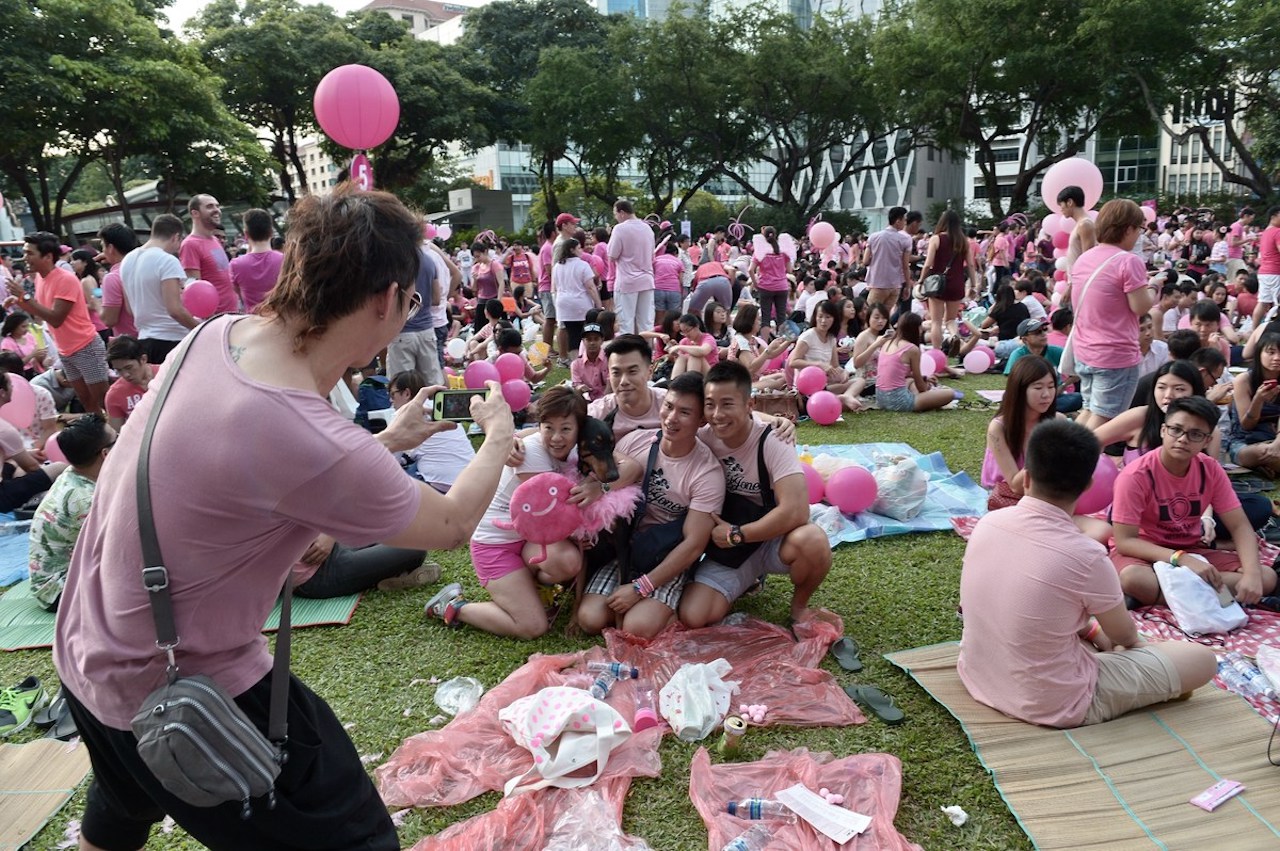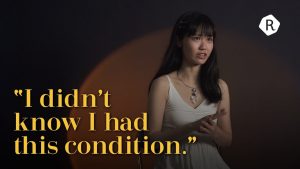This article is a follow-up to The Real Cost of Marriage Equality, with contribution from Daryl Yang, who currently serves as Executive Director of the Inter-University LGBT Network and is a fourth year student reading a double degree in law and liberal arts at Yale-NUS College and the Faculty of Law at the National University of Singapore.
For Singaporeans like Samantha, BTOs are pretty much the only affordable housing option.
In an article that Rice published last month in response to ROM voiding a marriage between a same-sex couple, we argued (somewhat hastily) that should marriage equality ever happen, demand for BTOs would increase. We asked: “In the face of increased competition for public housing, would straight, pro-gay individuals begin to reconsider their support for gay rights?”
Indulekshmi Rajeswari, project leader and editor of Same But Different: Legal Guidebook for LGBT Couples & Families in Singapore, has since shared with us and pointed out, “LGBT people pay taxes while not getting any state benefits accorded to straight married couples, which means LGBT people have been subsidising straight married people.”
She acknowledges that yes, there will have to be a slight adjustment in budgets once queer couples and families become eligible to claim certain benefits (e.g. HDB flats). But this shouldn’t be seen as a sudden cost. Instead, it’s a “correction of a deep injustice”.
At the same time, it’s important to recognise that marriage equality isn’t just about giving gay and lesbian individuals what they currently lack.
It is also about how the recognition and acceptance of same-sex couples help to challenge entrenched gender stereotypes.
Ng Yi-Sheng, a queer writer and activist, shares that for him, marriage once came up with his partner Mohan as a joke: “I wanted an intercultural event with a combination of the Chinese tea ceremony and the Hindu fire ceremony; he just wanted all our friends on the lawn drinking champagne.”
Since then, however, the realist in him has come to understand that relationships don’t have to follow a prescribed sequence of dating, engagement, marriage, cohabitation and kids.
“Folks call that ‘the relationship escalator’, a one-way track for love. In practice, people can opt out of any of these stages or do them in a different order,” he says.
Summing it up: “Straight people would benefit from same-sex marriage mostly because it breaks down more preconceptions about binary gender roles.”
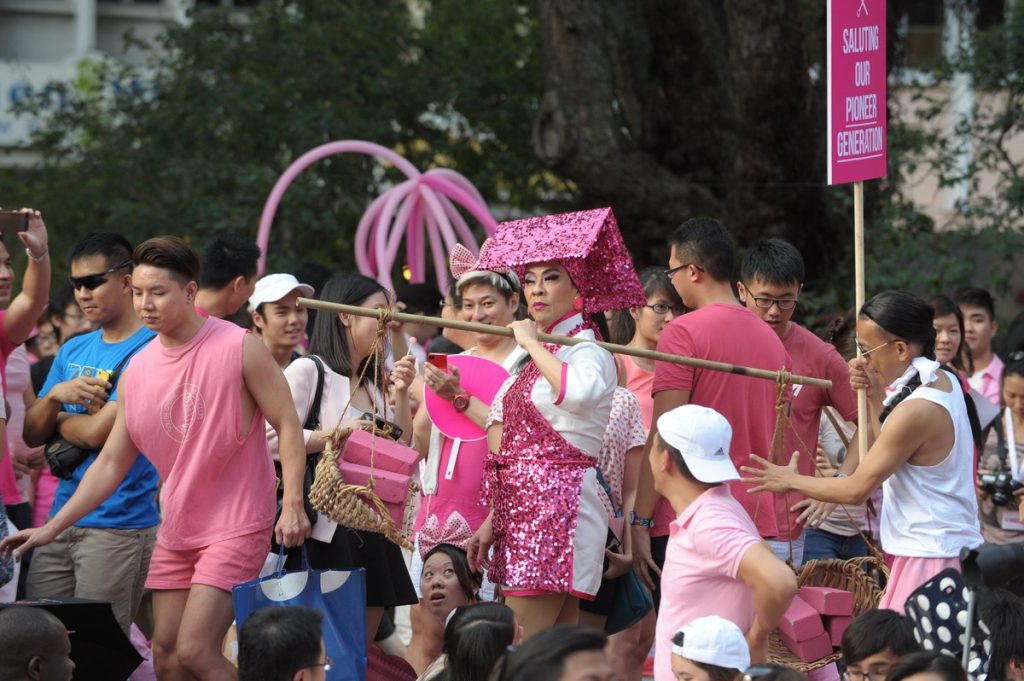
At the moment, many heterosexual individuals still feel compelled to play these roles even though they may aspire to something less ‘conventional’.
Such a cultural shift in ideas of gender roles in parenting and family can also help to improve the state of gender equality. A recent NUS study found that women in top leadership positions still face an alarming 43.2% gender pay gap, and women remain drastically underrepresented on corporate boards below the global average.
In addition, the recognition of same-sex marriage also challenges the current narrow definition of family as one that consists of a married heterosexual couple with children. Such a restricted conception not only excludes same-sex families but also single-parent and multi-generational families. This causes those whose families do not conform to the state’s definition to not just feel as if they are anomalous or deviant, but also suffer in very real ways in terms of housing and other benefits such as the Baby Bonus.
As has been proposed elsewhere, marriage equality cannot be pursued as an end in and of itself, but as part of a more fundamental re-thinking of how our society supports and values its people and families.
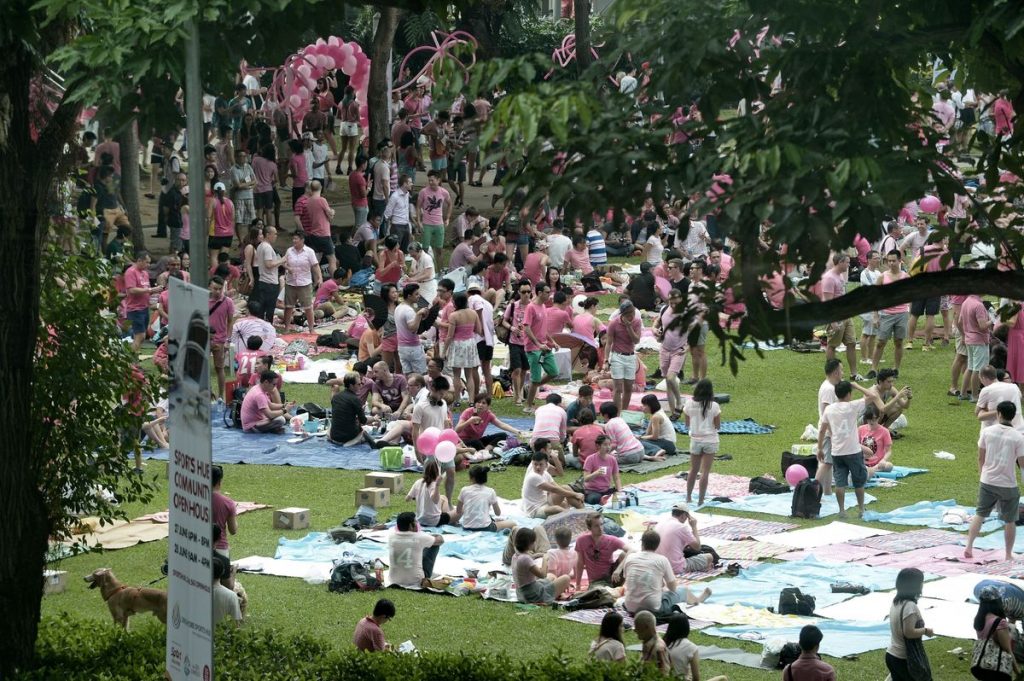
Back in 2014, a constitutional challenge mounted against S377A was ultimately rejected. Gary Lim and his partner Kenneth Chee, 46 and 38 at the time, had argued that S377A infringes their right to equal protection under the law as guaranteed by Article 9 and 12 of the Constitution.
However, Article 12, in particular, does not prohibit discrimination on the grounds of gender, sex or sexual orientation. According to Dr Kevin Tan, an adjunct professor at the NUS Faculty of Law, “You can certainly amend Art 12(2) of the Constitution to include ‘gender’ and that would almost certainly defeat s 377A.” Accordingly, the possibility of same-sex marriage might follow.
But for this to happen, Gary says “the government’s willingness to make the unpopular stand that LGBTQs should be viewed as equal in the eyes of the law” will be crucial. For him, it’s not just about the benefits that heterosexual couples enjoy.
“Something as basic as visiting me in the hospital as my spouse or making end of life decisions on my behalf, if I ever fall into a coma in hospital—if I’m ever in that situation, I want Kenneth to be able to do that for me,” Gary says.
“We are not asking to be treated more special, we just want to be treated equal.”
As for activists, they will have to work with elected Members of Parliament, as NMPs are not allowed to vote on constitutional amendments. Dr Tan adds, “Any MP can propose any Bill to Parliament. However, because the PAP dominates Parliament, the proposed bill may not get the support of the majority in the House and any proposed amendment will fail.”
Yet in the wake of last year’s Orlando shootings, Law Minister K Shanmugam stated that it is the Singapore government’s duty to protect everyone regardless of race, religion or sexual orientation.
This, at least, offers some hope.
But while it’s true that there are other more pressing issues facing the gay community (apart from marriage equality), it’s worth considering that marriage equality, if a reality, would have a significantly positive influence on the way Singaporeans live.
For one, the Women’s Charter would need to be overhauled to create gender neutral laws, something critics who have called it biased will appreciate. Worth noting is also the fact that AWARE has been consistently advocating for this, a sign that Singapore’s family laws are long overdue for an update.
Immigration laws and laws regarding adoption and assisted reproduction will also have to change, along with statutory reform to account for transgender issues.
On top of this, marriage equality might even offer a way to bridge the gap between civil marriages and the sanctity of the holy matrimonies of particular religious communities.
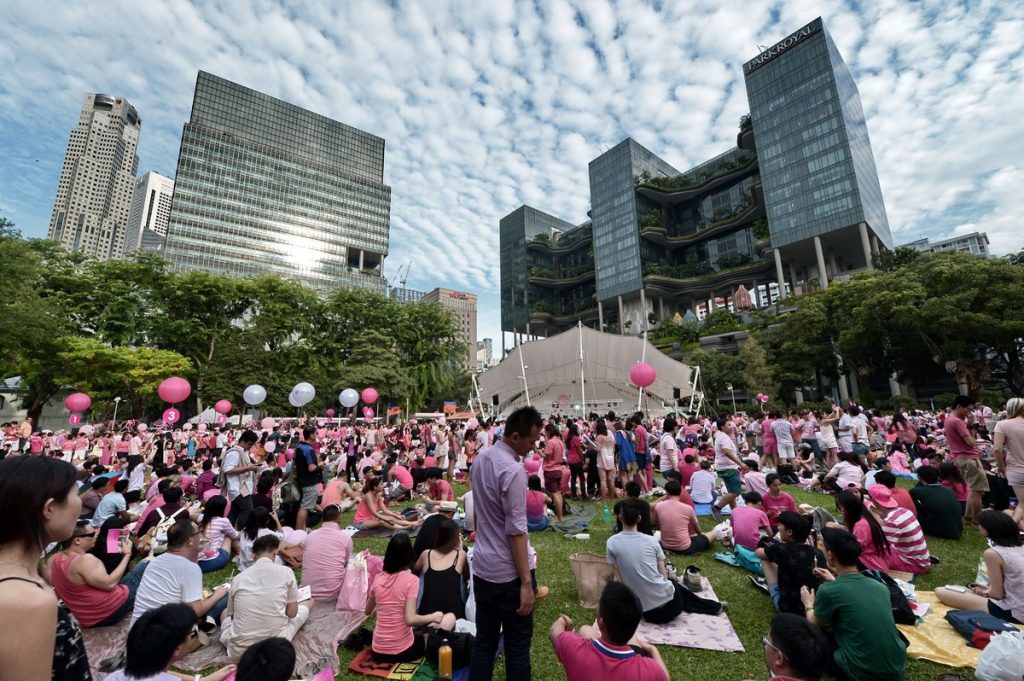
Such fears, however, are unfounded and misinformed. Unlike the outright exclusion of religion from the public sphere in the American and European forms of secularism, the Singapore experience has been characterised by the successful coexistence of the vast diversity of religious faiths. This has been acknowledged as something that is both valuable and intrinsic to our multicultural community.
While we are a secular society, we are also a religiously plural one.
Here in Singapore, there are already two types of marriage recognised in our legal system: the secular, civil marriage administered by the Women’s Charter that prohibits polygamy, and religious (more specifically, Muslim) marriage administered by the Administration of Muslim Law Act which allows polygamy. In the event that other religious communities find themselves differing from the secular definition of marriage, AMLA offers a precedent as to how they may establish a different statutory framework to accommodate the plural definitions of marriage among different groups in our society.
On top of all this, marriage equality would remove the legal and financial obstacles to same-sex couples having children, possibly leading to a higher birth rate. And although this might not be as widespread here, queer folk can stop getting into straight marriages that result in divorce when they come out later in life.
Lastly, gay organisations will be able to register as societies, and sex education can be more inclusive to be targeted towards gay youth so topics like HIV prevention can be taught properly.
While all of this sounds daunting, there is plenty of precedent for these new laws in countries like the UK (whose legal system Singapore’s is built on anyway).
“Legal reform brings with it multiple challenges, mostly in implementation and interpretation. Implementation would require training lawyers, judges and civil servants, including the police, in how new laws work,” Indu points out.
Observing that a total reform of the Criminal Procedure Code happened about 6 years ago, Indu goes on to add, “If we can reform such a key piece of legislation without the criminal legal system falling apart, we can reform family law to include alternative families.”
Marriage equality will essentially allow us to re-think many fundamental ideas that continue to be rooted in simplistic notions of what is normal and what isn’t.
To this end, it isn’t just about the LGBT community anymore. It’s about all of us. As Gary puts it, “It’ll send a positive message to everyone, especially minority groups, that we are all equal, and the country can move on as one.”
